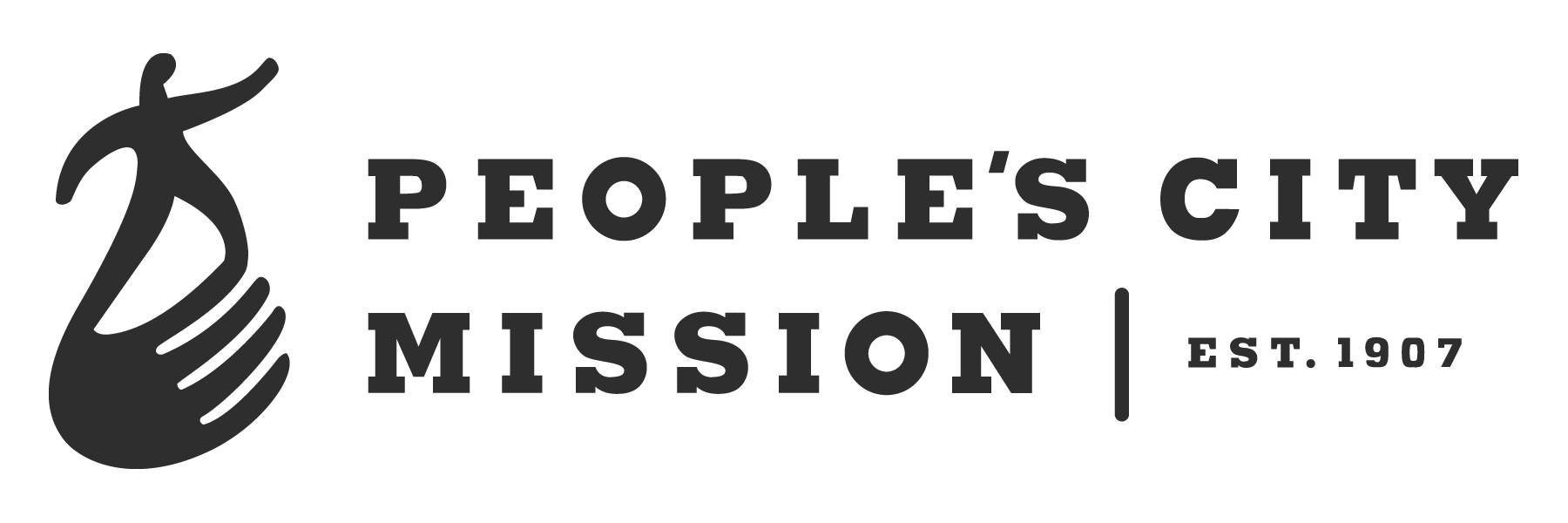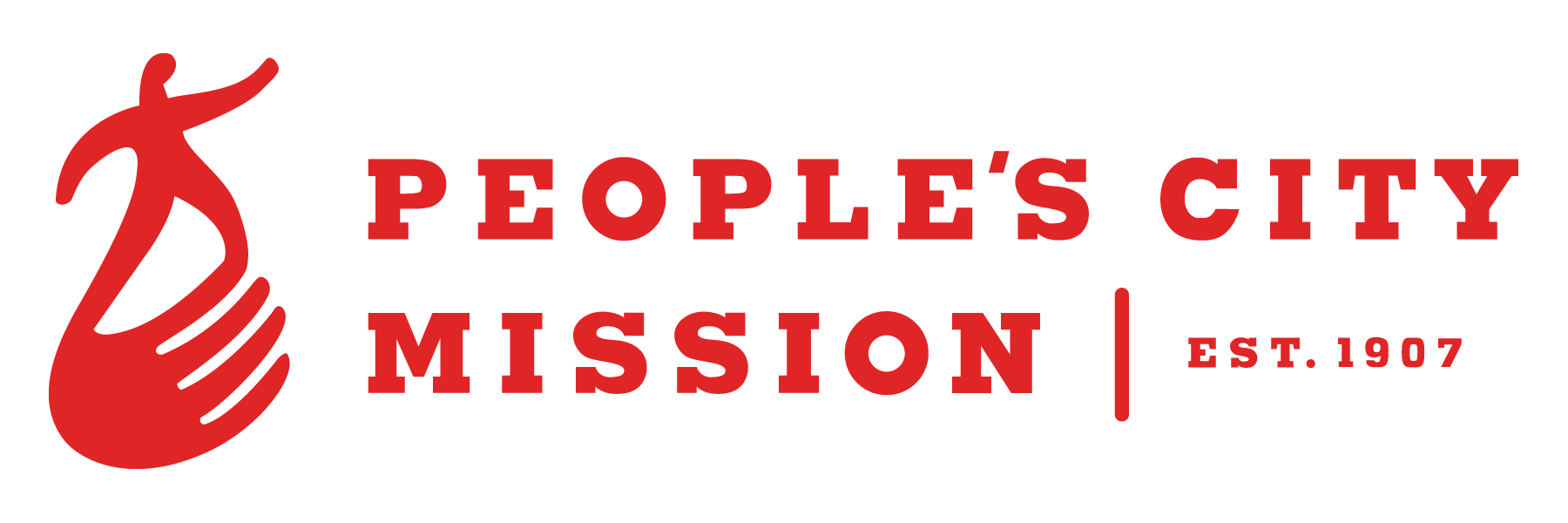PROVIDING PERMANENT SUPPORTIVE HOUSING
Who we are
The Curtis Center offers permanent supportive housing for individuals seeking a new start on life. We offer evidenced-based, cognitive behavioral programming to give Curtis Center residents tools and support for positive life changes and self-sufficiency.
What We Do
On-site casework, seven days a week
- 24-hour staffing
- Weekly classes
- Free WiFi with access to computers
- Laundry facilities
- Access to food, clothing, and hygiene items
- Secure building
- Private, fully furnished rooms
- Safe, sober environment
Stats
In Lincoln, the homeless and near-homeless population includes people from all walks of life. In the most recent Point In Time count, designed to measure the extent of homelessness in the community on a single day, this was the face of homelessness in Lincoln:
- 694 people in 512 households were homeless
- Nearly a fourth were children under the age of 18
- 10% were US Military Veterans
- 5% of the people were unsheltered
- 21% were victims of domestic violence
- 22% had a substance use disorder
- 18% had a serious mental illness
Our Program
The Curtis Center Program is made up of four phases. Each phase is designed to motivate participants toward pro-social behaviors and choices.
Intake and Orientation
Our friendly, professional staff welcome each individual upon their arrival and help them get settled in. Our caseworkers go over the program requirements, meet any immediate needs, and give the individual a tour of the facility.
Employment Plan
Part of successful transition is finding gainful employment. Our caseworkers specialize in helping individuals create an employment action plan. These plans allow an individual to think about what kind of job they want, what they need to do to get that job, and how to maintain that job.
Transition Planning and Saving
After an individual finds gainful employment, they can begin saving money towards a deposit and first month's rent for housing in the community. Creating a comprehensive transition plan requires planning how much rent they can afford, how much they will need to save each month, and what other supports they need to achieve housing stability.
Maintenance and Discharge
During this phase, individuals continue working, saving money, and following their employment and transition plans until they secure housing in the community are discharged from the program.
PCM’s Help Center (HC)
From the moment a resident enters the program to when he leaves, he is given complete access to our HC, which provides everything from clothes and personal care items to furniture and home goods at no cost. Upon completion of the program, residents are also given 100 pounds of food and everything needed to start a household.
PCM’S Free Medical Clinic
Any resident who does not have medical benefits is given full access to our Free Clinic. The clinic is located on the same campus as the Curtis Center and currently offers dental, chiropractic and mental health services.
Testimonials
I moved into the Curtis Center and have been blessed. They have a lot of programs here to help. In the process, I've gotten my family back. Without this place, I don't know where I'd be. I will never forget the Curtis Center.
~ Richard, Curtis Center Resident, 2014-2015

